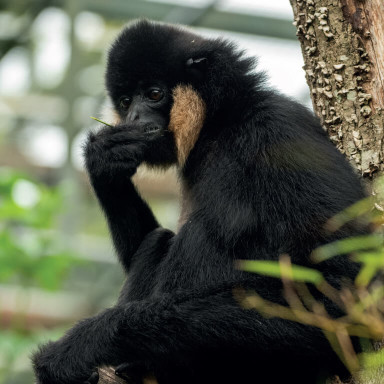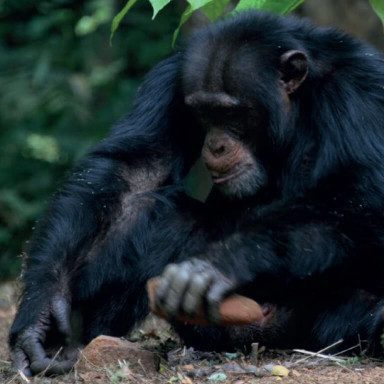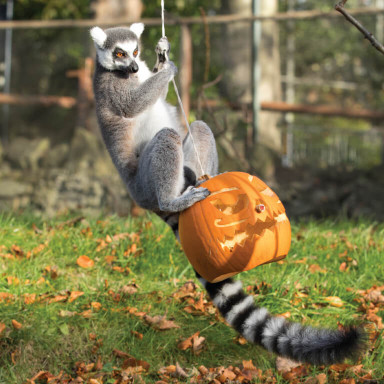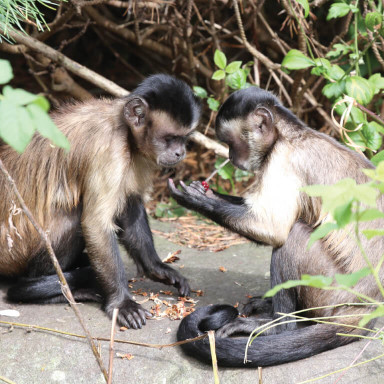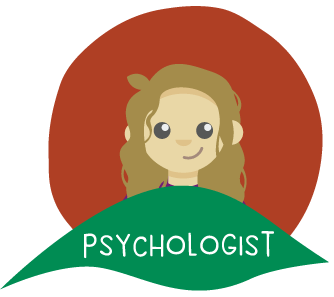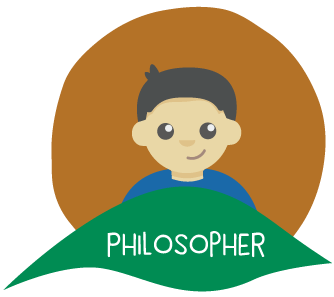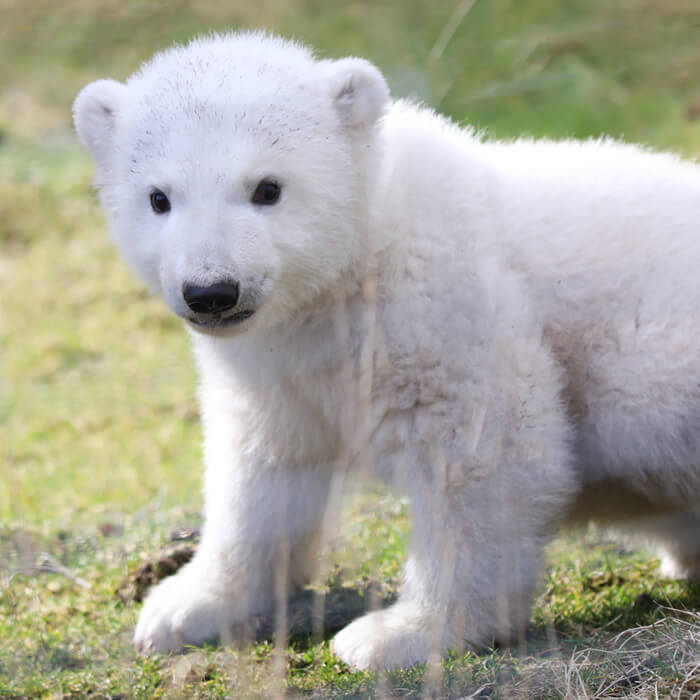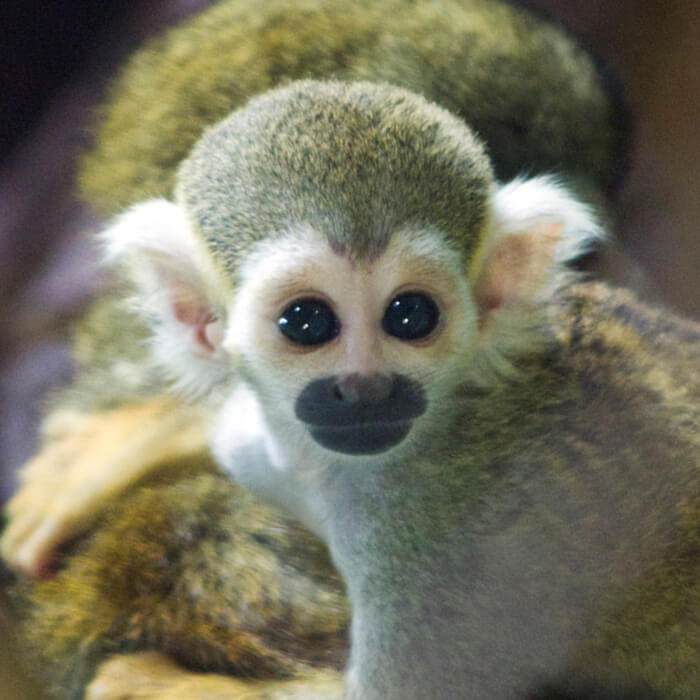 Watch the tiger cubs!
Watch the tiger cubs!
Living Links
Living Links
Welcome to our 'Living Links' learning programme!
This bespoke learning programme of interactive, interdisciplinary and online sessions developed by the 'Living Links' collaboration between the University of St Andrews and RZSS aims to deepen learners' connections with nature, increase awareness of how our minds affect our health and wellbeing, and promote an understanding of the role of research in scientific development.
Look out for the 'Information for teachers and educators' drop down in each section for our learning intentions, success criteria, and links to the curriculum for excellence.
Mind-Warm Up
Learning intention:
We are learning to explore the role of a researcher.
Success criteria:
- I know what the Living Links project is;
- I can define Living Links team roles including psychologist and philosopher;
- I can access information from a webpage.
Curriculum for Excellence
I can identify and classify examples of living things, past and present, to help me appreciate their diversity. I can relate physical and behavioural characteristics to their survival or extinction (SCN 2-01a)
Through research and discussion, I have an appreciation of the contribution that individuals are making to scientific discovery and invention and the impact this has made on society (SCN 2-20a)
I can report and comment on current scientific news items to develop my knowledge and understanding of topical science (SCN 2-20b)
I can extend and enhance my knowledge of digital technologies to collect, analyse ideas, relevant information and organise these in an apprpriate way (TCH 2-01a)
Opportunities to carry out different activities and roles in a variety of settings have enabled me to identify my achievements, skills and areas for development. This will prepare me for the next stage in my life and learning (HWB 2-19a)
To show my understanding across different areads of learning, I can identify and consider the purpose and main ideas of a text and supporting detail (LIT 2-16a)
Welcome to the Living Links to human evolution research centre on ZOOdle
This centre is a joint research initiative between the Royal Zoological Society of Scotland (RZSS) and the University of St Andrews. The centre also supports studies by scientists from the Scottish Primate Research Group (SPRG) and worldwide.
Have you got what it takes to be involved in ground-breaking research?
Explore our interactive below to find out which skills you need to join the Living Links team!
View interactive fullscreenMind warm up
Test your knowledge to see if you're smarter than our Discovery Rangers!
Take the test!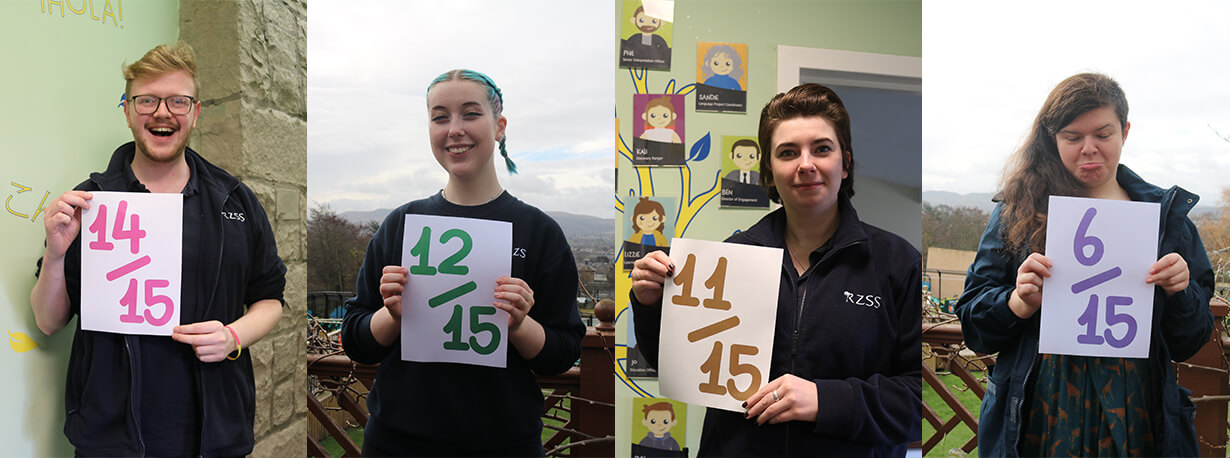
Work on the wildside

Find out more about working on the wild side at Edinburgh Zoo and Highland Wildlife Park!
Discover more about working at Highland Wildlife Park
Watch the videoFind out which wild work with RZSS would suit you!
Take the QuizWant to find out more?
Find out more about some of the careers mentioned in this section.
My World of WorkDiscover more about the work of Living Links at Edinburgh Zoo!
Living Links
